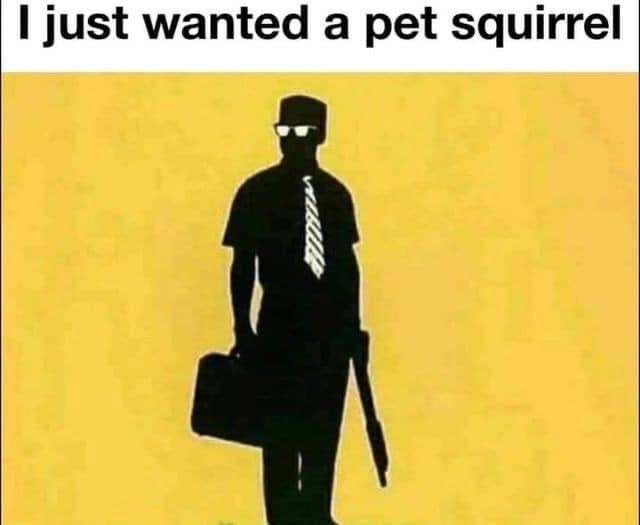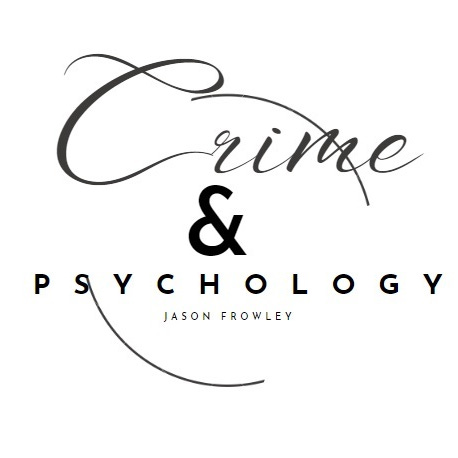Here’s an interesting question – if you could curate your memory – add material in; edit some out – would you? And why? But before we get to that…squirrels and synchronicity.
The American novelist, Elizabeth Strout, ends one of her books in this way: ‘William had found that a squirrel had made a big nest right there on the side of the porch, and he spoke to me about it, and he had decided […] that the nest would have to go. And so William had taken a broom and swept the whole thing away […] for an entire day and night, and straight through the next day, that squirrel made the sound of crying. The squirrel had cried and cried and cried. Because its home had been taken away’.
I finished the book (it’s called Lucy by the Sea) just the other Sunday. Until I reached that ending, I’d felt quite well disposed towards Lucy Barton (the main character) and her ex-husband, William. But not any more. ‘That Lucy Barton,’ I told my wife. ‘She’s a villain. She’s awful. If we had a squirrel, we’d make friends with it, wouldn’t we? We’d feed it nuts and stroke its little head’.
When it comes to animals, our house often doubles as a shelter or hospital. We have sick mice in shoeboxes and faithless cats at the door. (As I write this, a blackbird with a broken wing is waiting on my table for the Prevention-of-Cruelty people.) I believe that we human beings tend to treat animals far less well than we should. I wished a plague of squirrels on Lucy Barton; a giant squirrel to sweep her home away.
Monday morning. Darkness and a sinkload of dishes. I played jazz by Vince Guaraldi: It’s The Great Pumpkin, Charlie Brown. The album features tunes named after the characters from Peanuts: Linus, Lucy, The Red Baron… As I scrubbed, I watched an actual, real squirrel come to eat at the feeder by the window. I imagined befriending this squirrel and feeding it nuts. Can you see where I’m going with this?
The date was Monday, 4th November. A divisive event – one that set mother against daughter and neighbour against neighbour – was dominating the American news.
I speak, naturally, of Peanut the Squirrel.
The facts in the case of Peanut (or P’Nut): He was an internet star – a veritable furry sensation – until police officers, in a daring raid, swooped on his home. Peanut had been cared for by a chap named Mark Longo, who ran an animal sanctuary with his wife, Daniela. The officers carried paperwork signed by four different agencies. The authorities released a statement about the ‘unsafe housing of wildlife’. They killed Peanut. People in Pine City gasped in relief as soon as they knew they were safe at last from the menacing animal. Safe, too, from crazed renegades who presume to own squirrels without filing the proper documents.
Oddly, Peanut became a political issue. I say oddly because…well, it’s kinda odd, isn’t it?
That same day, I discovered that it was suddenly illegal for me to celebrate Bonfire Night (at least, where I live). Fireworks were banned. An event I’ve attended every year for as long as I can remember was suddenly Outlaws Only. This was just a small issue, doubtless, nothing to get worked up about. Just fireworks and bonfires and smiling children and hot snacks… Just a small issue, as I say. About the size of a squirrel.
That Monday, then, was a day of great resonance for me. Peanuts, homeless squirrels, government over-reach… My life and the news were like Groucho and Harpo in the mirror scene from Duck Soup. Clearly this was no coincidence! Evidently some force was at work, something stranger by far than science could explain…
But of course it was coincidence. Science could explain it perfectly well. Coincidences happen. They just do. (Weird as they sometimes seem, it would be weirder to live in a world without them. Now, that would be difficult to explain.) We notice coincidences when they are interesting; when they appear to signify, portend, or instruct. Coincidences – by definition – actually do none of these things. But patterns draw our attention to regularity in the environment. Patterns mean predictability and, therefore, safety. That’s why the human mind evolved into such an obsessive observer of patterns. In fact, our minds would rather detect a pattern that isn’t there than the chaos that is. We may think we are passive observers of the world, but that itself is the ultimate trick our minds play on us. We do not observe. We edit, edit, edit until the world we perceive and remember resembles the world we expect, hope for, and feel we can learn from. (If you’d like to read my piece on ’Crime and Heuristics’, click here.)
How did I first learn about Peanut? Substack, of course. A Note appeared in my feed: ‘What’s all the fuss about? It’s just an animal, ffs’. Now, I prefer not to block people. I don’t want curated Notes. I think it’s unhealthy to filter out voices and opinions that one might disagree with. Editing Notes is bad for my mental health.
At least I think so. But I blocked this person anyway. I don’t want to be reading things like that (‘just an animal’). I know it’ll irritate me way too much. It will be bad for my mental health.
I had to choose between mental health and, um, mental health. I knew which option to choose. I blocked that writer just as I edited my memories to make my world seem more portentous than it really is.
So let’s talk about those new camera phones you see advertised everywhere. You know the ones. You can take pictures of yourself in places that you weren’t and crop out passers-by who fail to meet your aesthetic standards. You can misremember a sunny day when it was raining or a friend’s arm comforting you when she was really in Auckland or somewhere... Oh, yes, let’s talk about them.
Or not. Let’s edit that conversation, too, or leave it for another time - except to note that this week’s newsletter concerns similar phenomena. Last week, we began our investigation of the phenomenon that psychologists call ‘ecological validity’ – that is, the extent to which laboratory studies tell us about real-life crimes. We discussed police interviews and eyewitness behaviour. There will be more on memory this week. Juries, too. How far do they trust eyewitnesses recollections? Are they right to? Do witnesses curate their memory? And how can we know?
It’s not long till until Wednesday, Crime & Psychology fan! Meanwhile, Peanut asked me whether you’d be kind enough to bash one of these blue buttons, or the little heart symbol at the bottom. Peanut says it really does help. In a world of pettifogging bureaucrats and animal-control officers, it gives Peanut the strength to keep going.
Today’s bullet list could be on no other topic than the Crime of the Century:
· Click here for Kyle Kissinger’s Farce Feed take on the incident.
· Here is how it was reported on Sky News. Elon Musk has an opinion? Who’da thought?
· This is the film, It’s the Great Pumpkin, Charlie Brown, intro only, I’m afraid.
· This is Elizabeth Strout’s homepage. I really like her books very much and perhaps you will, too. It’s only Lucy Barton’s attitude to squirrels that concerns me.
· If you are in the UK, here’s the number of a charity I support. It’s for reporting crimes against animals (naturally it’s called Animal Crimewatch): 0300 444 1234







